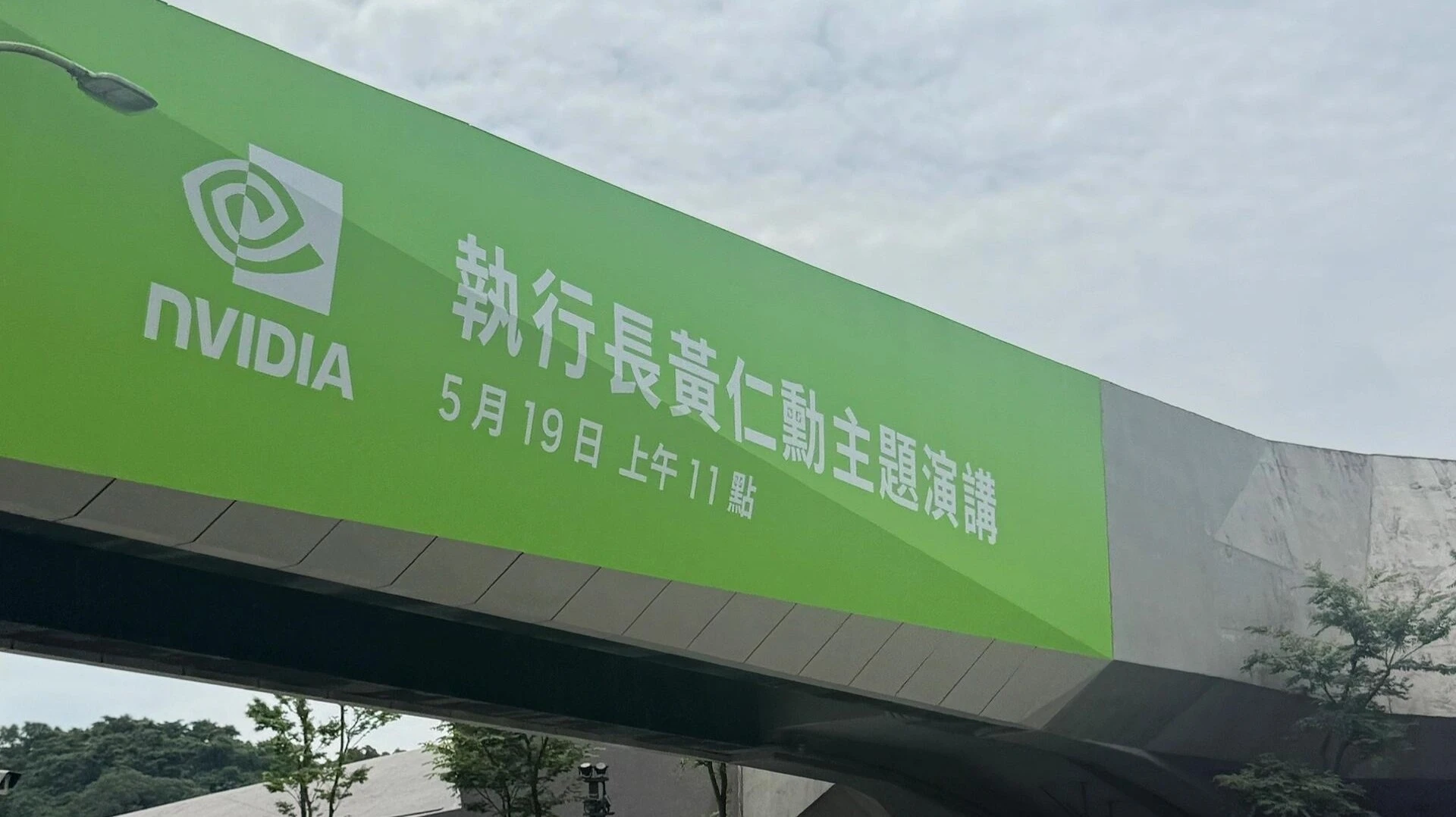Main by morning: Samsung on the cusp, China tightens chip controls, SoftBank buys up AI

Samsung shares hit an all-time high amid hype around artificial intelligence. SoftBank is increasing multi-billion dollar investments in OpenAI and robotics. China is tightening control over semiconductor imports and restricting purchases of Nvidia products. These and other topics - in our review of key events for the morning of October 10.
Samsung breaks record on wave of hype around AI chips
Shares of Samsung Electronics rose more than 6%, reaching an all-time high, Bloomberg writes. Investors are betting on the company's success in the production of chips for artificial intelligence and the recovery of the traditional memory business. Samsung's market capitalization exceeded $390 billion, and securities have risen 76% since the beginning of the year, making South Korea one of the leaders of the world stock markets.
The growth of quotations was supported by reports about Samsung's negotiations with Nvidia and OpenAI on supplies of high-performance HBM chips. Morgan Stanley analysts raised their target price of the stock to 111,000 won ($78.1), expecting a "supercycle" of memory price growth and strong demand through 2026.
China is stepping up inspections of chip imports
China has stepped up controls on semiconductor imports in a bid to reduce its technology companies' reliance on US chips, including Nvidia's artificial intelligence processors. According to the Financial Times, special teams of customs officials have been working at the country's major ports in recent weeks to check semiconductor shipments.
The inspections began after regulators ordered local companies to stop buying Nvidia chips customized for China. All categories of advanced semiconductors are under scrutiny.
The publication reports that the directive came from China's Cyberspace Administration and applied to the country's largest IT companies, including ByteDance and Alibaba. The Chinese authorities and Nvidia have not yet commented.
SoftBank borrows $5 billion against Arm stock for new investments in OpenAI and AI projects
SoftBank is in talks to raise $5 billion from international banks to boost its investments in artificial intelligence-related projects, Bloomberg reports. The loan will be secured by shares of British chip designer Arm Holdings, owned by Masayoshi Son's company, and is aimed, in particular, at additional investments in OpenAI.
SoftBank has been aggressively building a stake in the AI sector this year: the company has already pledged to invest up to $30 billion in OpenAI and acquired ABB's robotics division for $5.4 billion. The rally in Arm shares, up 38% since the beginning of the year, has allowed the company to expand its lending capabilities.
Including the new loan, SoftBank's total equity-backed Arm credit lines will reach $18.5 billion. In parallel, Son is promoting a large-scale project Stargate worth $500 billion - a network of data centers in the U.S. in partnership with OpenAI and Oracle, as well as considering the idea of creating a large-scale production of AI robots in the U.S..
Dollar regains ground, putting bets against it in jeopardy
After months of declines, the dollar has started to recover rapidly, challenging currency traders' dominant bet against the U.S. currency, Bloomberg writes. The Bloomberg Dollar Spot Index has gained about 2 percent since midyear and hit a two-month high despite the ongoing U.S. government shutdown.
The dollar's growth was supported by the weakness of the euro and yen, as well as cautious statements by Fed officials signaling a slowdown in the pace of rate cuts. Major investment banks, including Goldman Sachs, JPMorgan and Morgan Stanley, which had previously forecast dollar weakness, began to revise their positions.
If the strengthening continues, it could make it harder for other central banks to ease policy, raise the cost of raw materials and increase the debt burden in the dollar, the agency points out. According to analysts, the market overestimated the likelihood of large-scale rate cuts by the Fed, which is now turning investor sentiment in favor of the U.S. currency.
What's in the markets
- Japan's broad Topix index was falling 1.95%. The benchmark Nikkei 225 was falling by 1.21%.
- In South Korea, the Kospi was adding 1.27% and the Kosdaq was up 0.26%.
- Australia's S&P/ASX 200 was falling 0.13 percent.
- Futures on the Nasdaq 100, S&P 500, and Dow Jones Industrial Average were little changed.
This article was AI-translated and verified by a human editor
